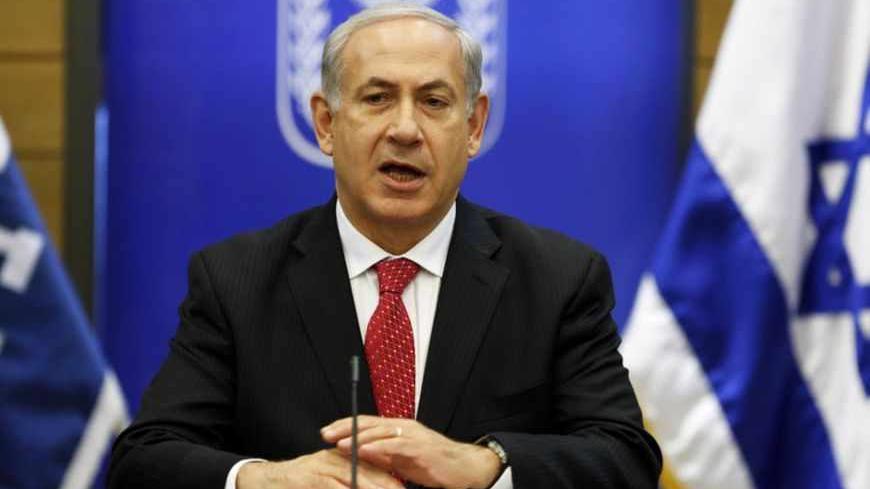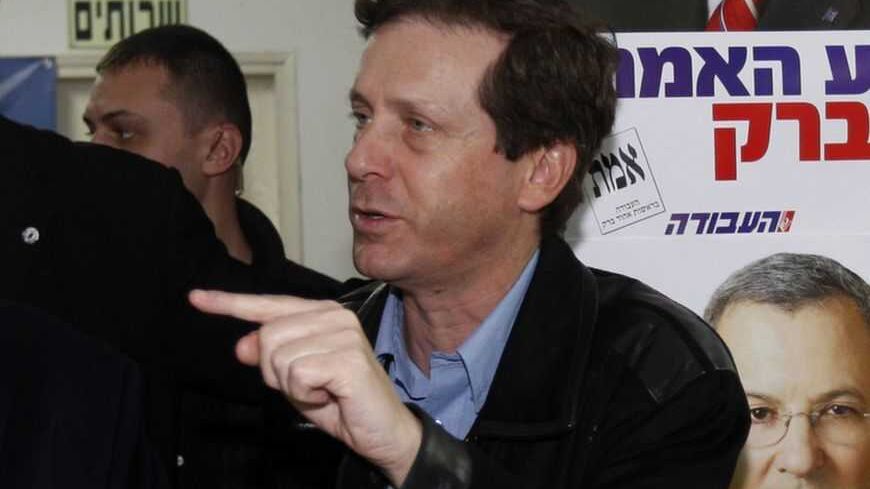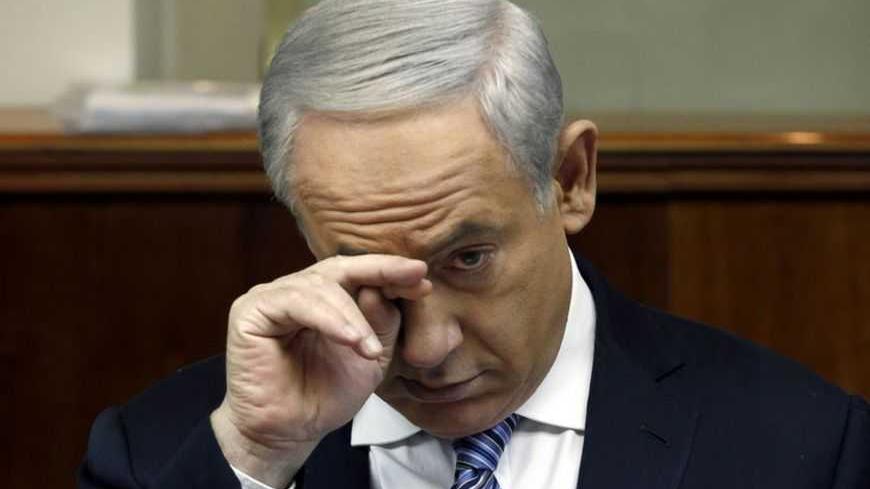

Why AL-Monitor?
AL-Monitor is an award-winning media outlet covering the Middle East, valued for its independence, diversity and analysis. It is read widely by US, international and Middle East decision makers at the highest levels, as well as by media, thought and business leaders and academia.
Read by









Live news & notifications

Premier analysis of the Middle East

Live events & video

Specialized Newsletters

Big, exclusive interviews

ALM archives since 2012

Subscribe for unlimited access
By becoming an AL-Monitor subscriber, you drive our team’s rigorous and independent journalism spanning the Middle East.
Continue





![Israeli Defence Minister Moshe Arens and Israeli Prime Minister Benjamin Netanyahu at a news conference in Tel Aviv February 28. Arens said fighter planes had already raided key Hizbollah targets in Lebanon. The Israeli assault came in response to a roadside bomb that went off near an Israeli convoy in the south Lebanon occupation zone killing [Brigadier-General Erez Gerstein,] and a Radio Journalist and two soldiers.
**DIGITAL IMAGE** - RTXISY0](/sites/default/files/styles/article_header/public/almpics/2013/02/1-RTXISY0.jpg/1-RTXISY0.jpg?h=2d235432&itok=zV6oPUdm)